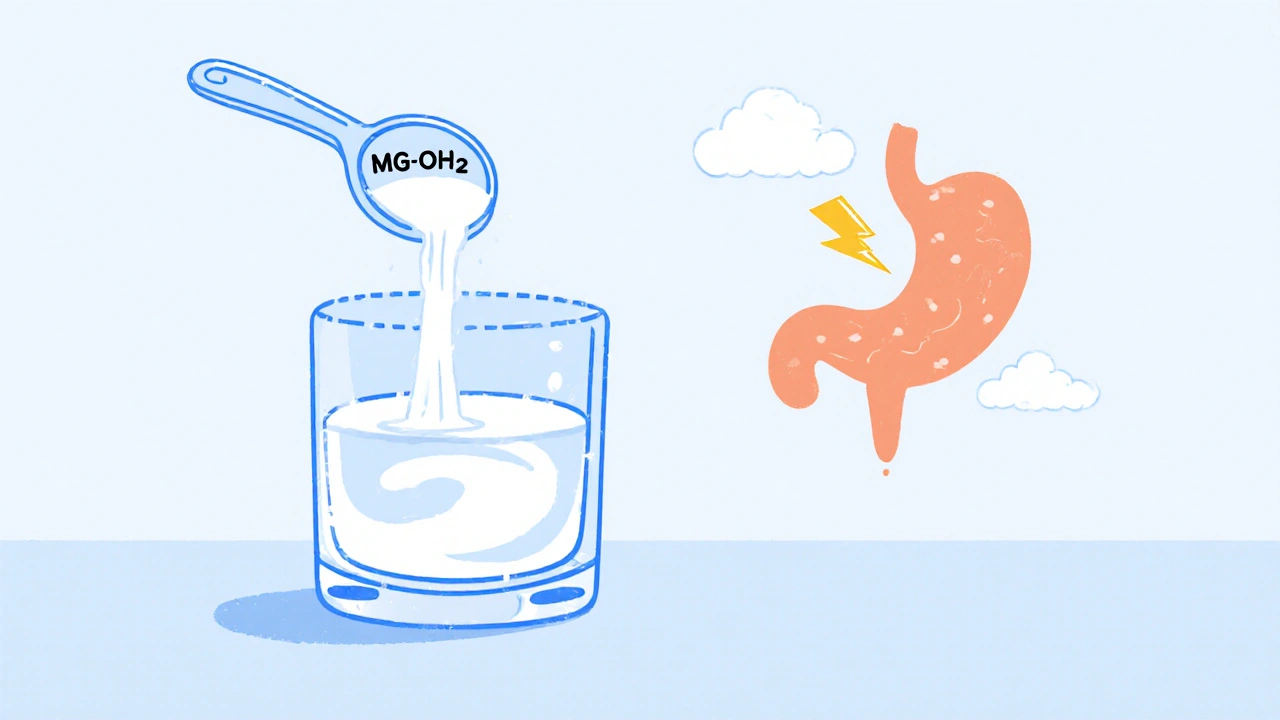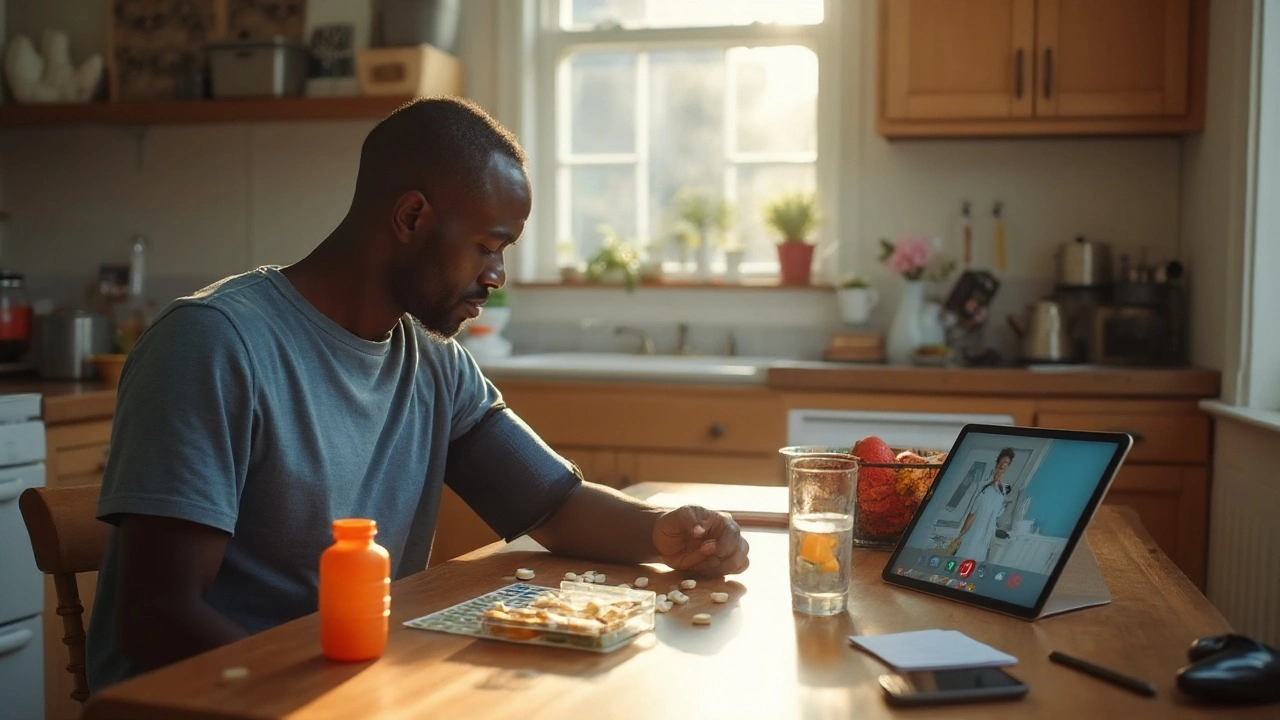Kidney Health: Practical Tips to Keep Your Kidneys Working Strong
Kidneys do a lot more than just filter waste. They balance fluids, control blood pressure, and help make red blood cells. When they’re not working right, you can feel tired, thirsty, or notice swelling in your ankles. The good news? Small everyday choices can protect them for years.
Everyday Habits for Healthy Kidneys
Stay hydrated, but don’t overdo it. Aim for about 8 glasses of water a day unless your doctor tells you otherwise. If you’re active, live in a hot climate, or sweat a lot, add a few extra cups.
Watch your salt intake. Too much sodium makes your kidneys work harder to keep fluid levels steady. Try swapping table salt for herbs, lemon juice, or a dash of low‑sodium soy sauce.
Pick kidney‑friendly proteins. Lean meats, fish, beans, and tofu give you the protein you need without overloading the kidneys with waste products. If you take medicines like Hydrochlorothiazide for blood pressure, your doctor already knows how much protein is safe for you.
Limit sugary drinks and processed foods. High sugar can raise blood pressure and blood sugar, two big risk factors for kidney damage. Swap soda for water, sparkling water with a splash of fruit, or unsweetened tea.
Know your meds. Over‑the‑counter pain relievers, especially NSAIDs like ibuprofen, can hurt kidneys if taken daily. If you need pain relief, talk to a pharmacist about safer options or the lowest effective dose.
When to Talk to a Professional
If you notice any of these signs, reach out for a check‑up:
- Persistent swelling in your hands, feet, or face
- Foamy urine or a sudden change in how often you pee
- Unexplained fatigue or shortness of breath
- Blood in the urine or a dark, tea‑colored urine
- High blood pressure that’s hard to control
A simple blood test (creatinine) and urine test can tell a doctor how well your kidneys are filtering. If you have diabetes, high blood pressure, or a family history of kidney disease, schedule a check‑up at least once a year.
When you get a prescription for a kidney‑related drug—like a diuretic or a blood‑pressure pill—make sure the pharmacy is reputable. Buying meds online can be safe if you verify the pharmacy’s credentials, but always ask your doctor to confirm the dosage and any potential kidney interactions.
Finally, remember that kidney health is a marathon, not a sprint. Small changes add up: drink enough water, keep salt low, choose the right proteins, and stay on top of any medication alerts. Your kidneys will thank you with years of steady, silent service.
Magnesium Hydroxide and Kidney Health: Benefits, Risks, and Safe Use
Learn how magnesium hydroxide works, its impact on kidney health, risks for chronic kidney disease, safe usage tips, and alternative options.
Read moreEnalapril‑Hydrochlorothiazide Long‑Term Effects: Benefits, Risks, Monitoring
Clear, evidence-based guide to the long-term effects of enalapril-hydrochlorothiazide: benefits, side effects, monitoring, and practical tips for safe daily use.
Read more
